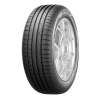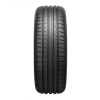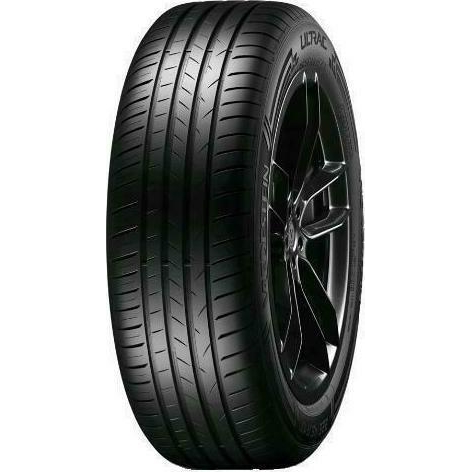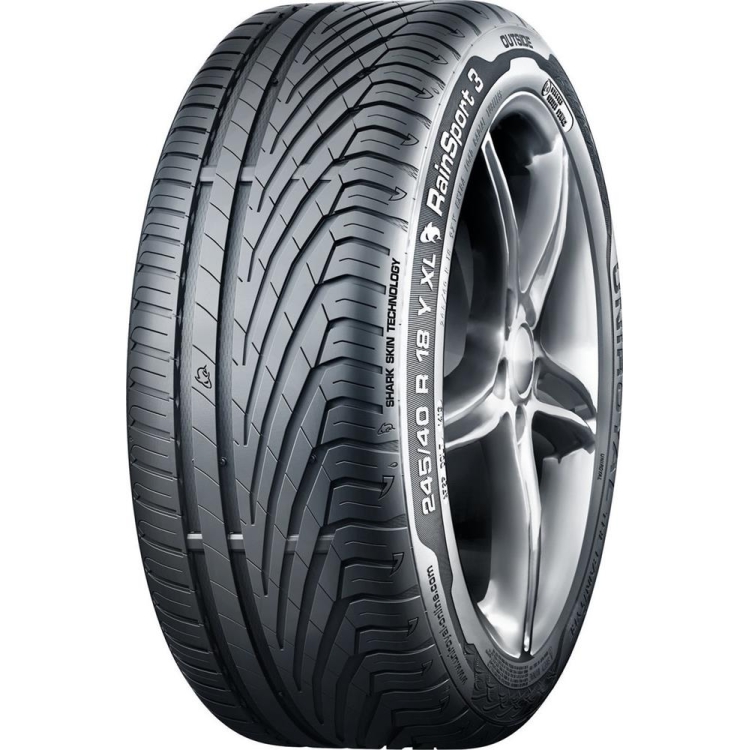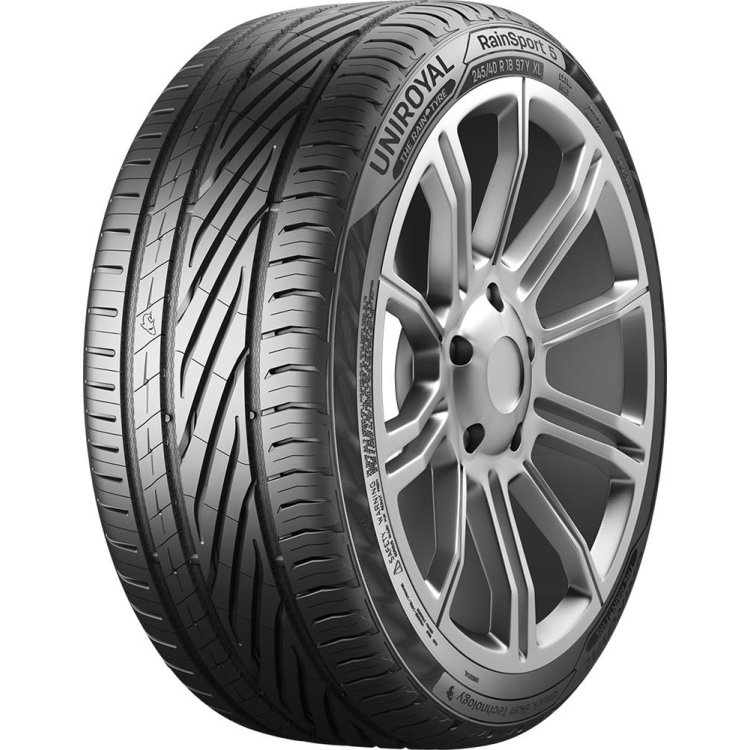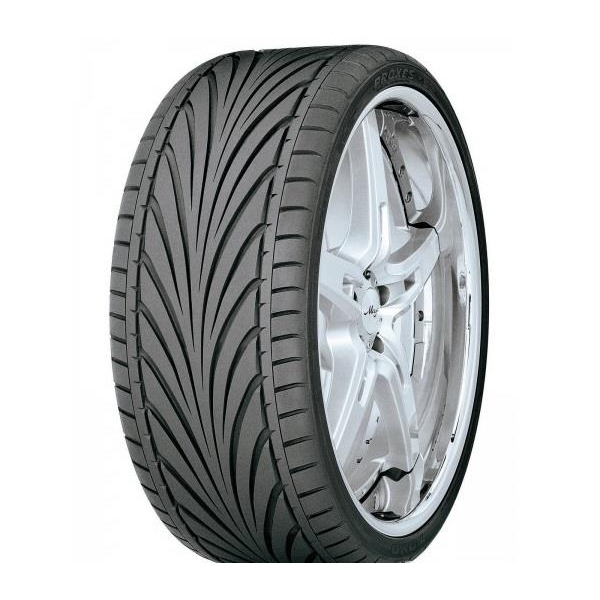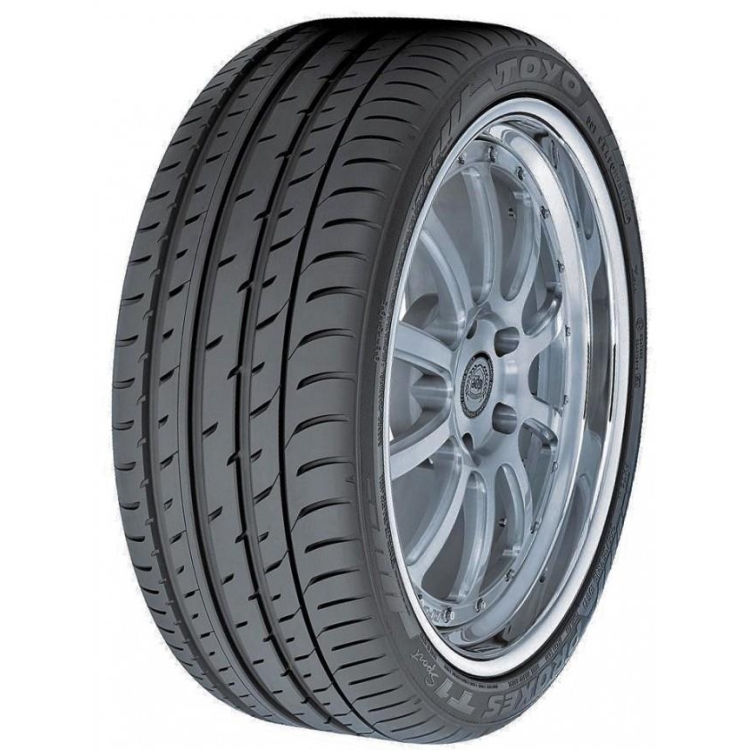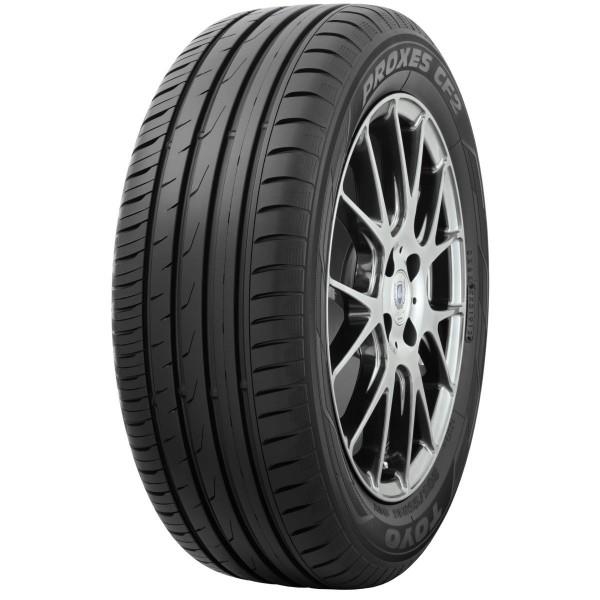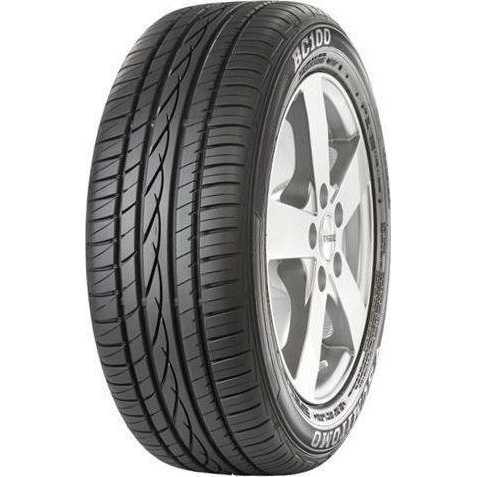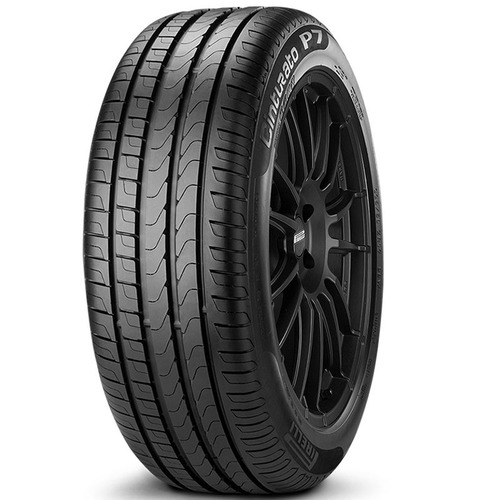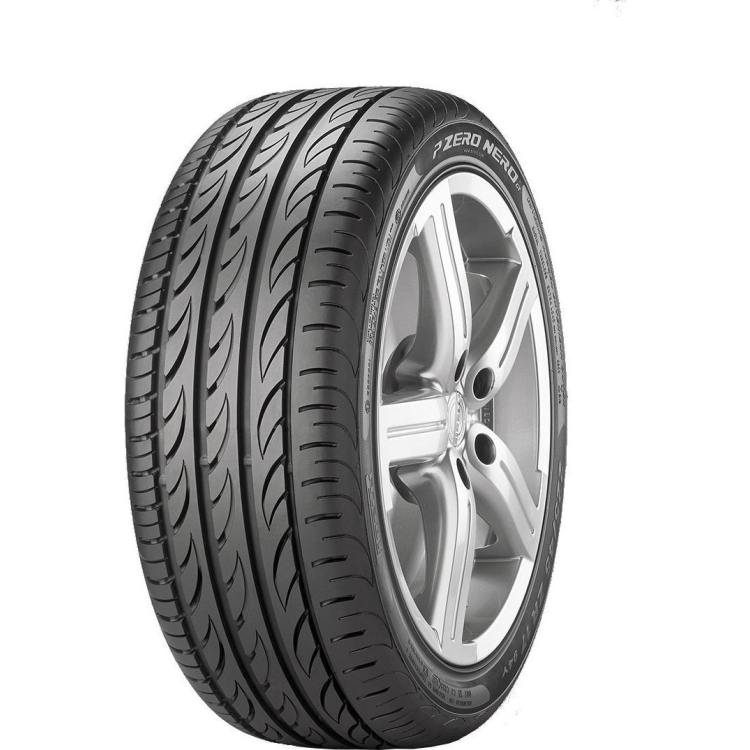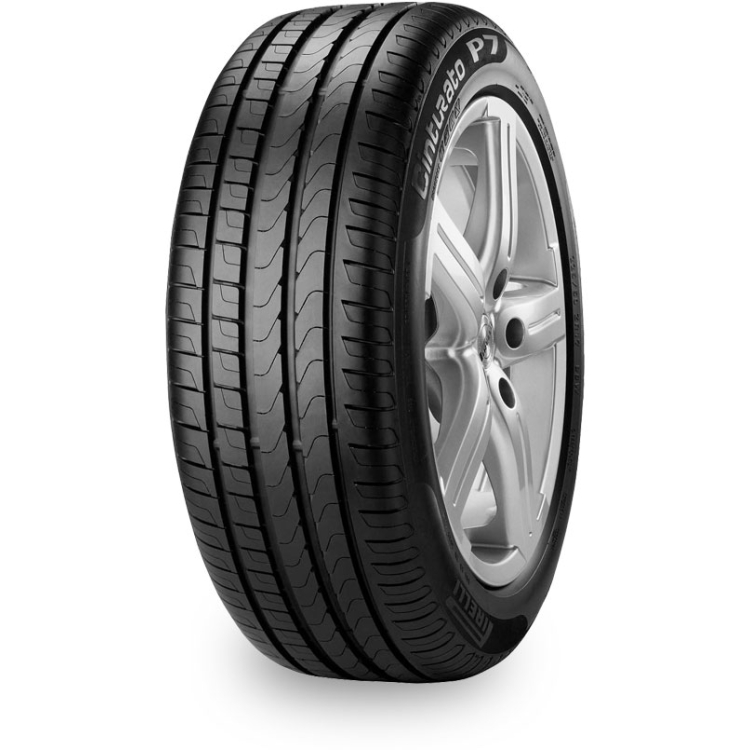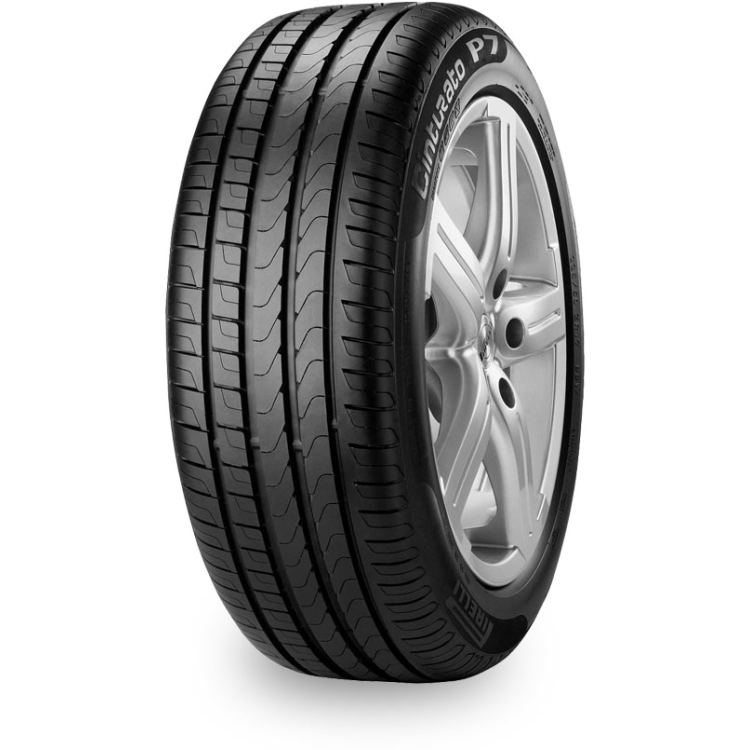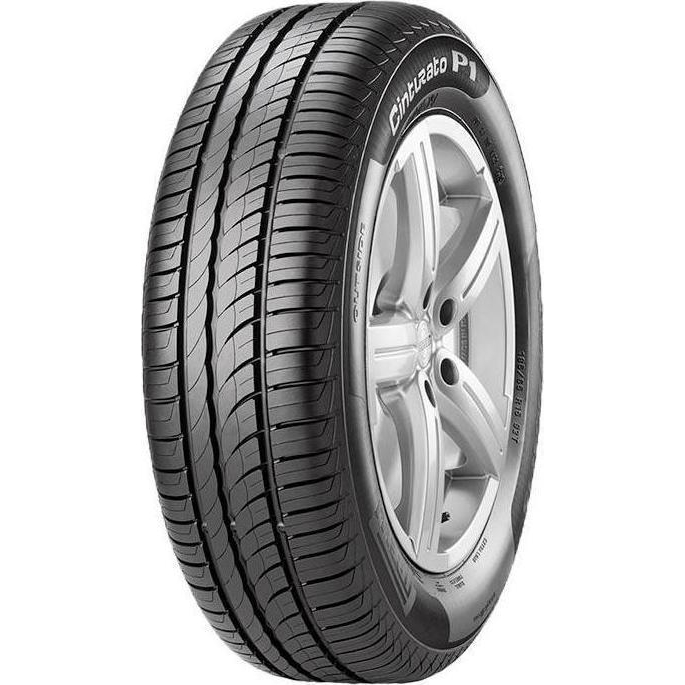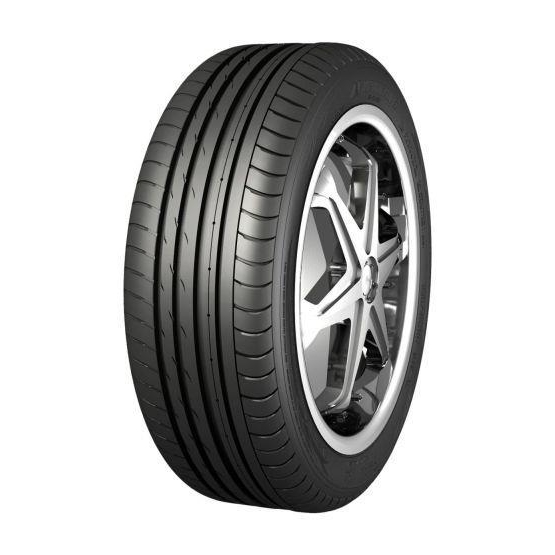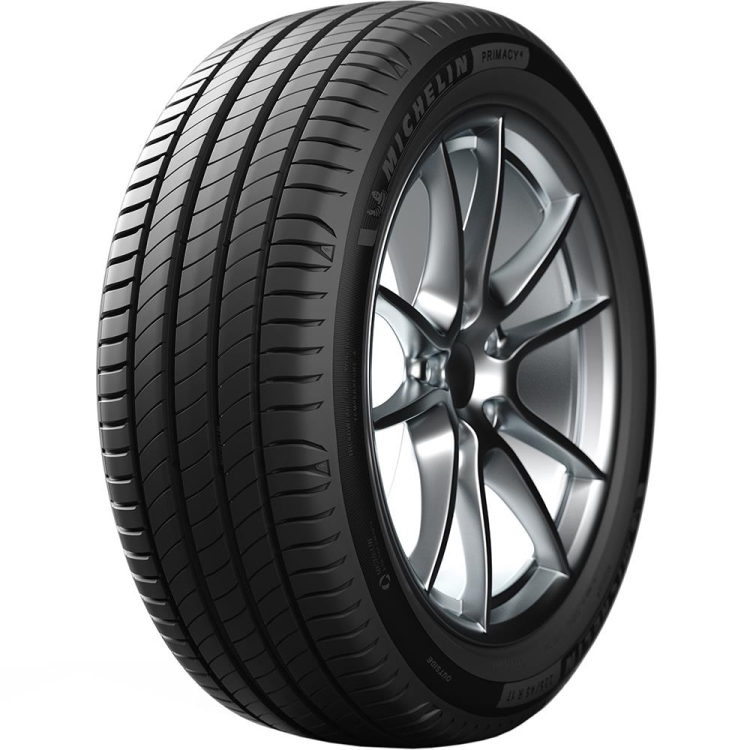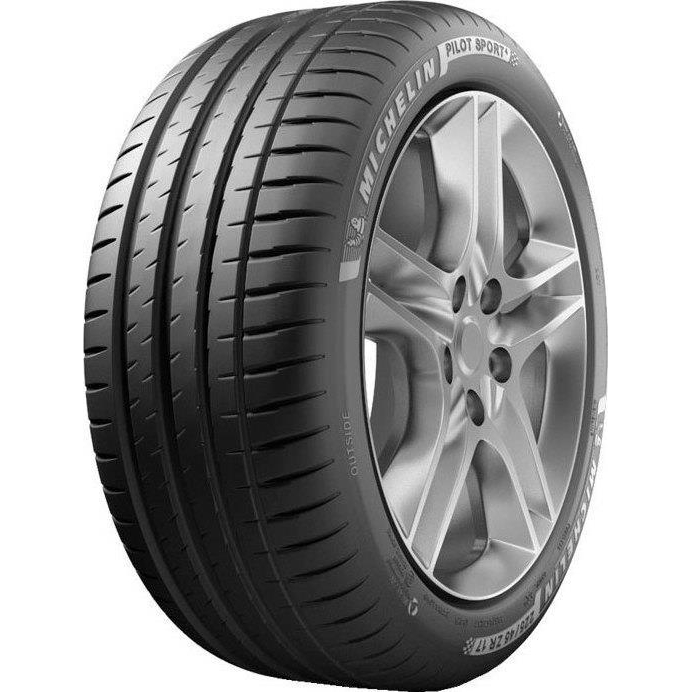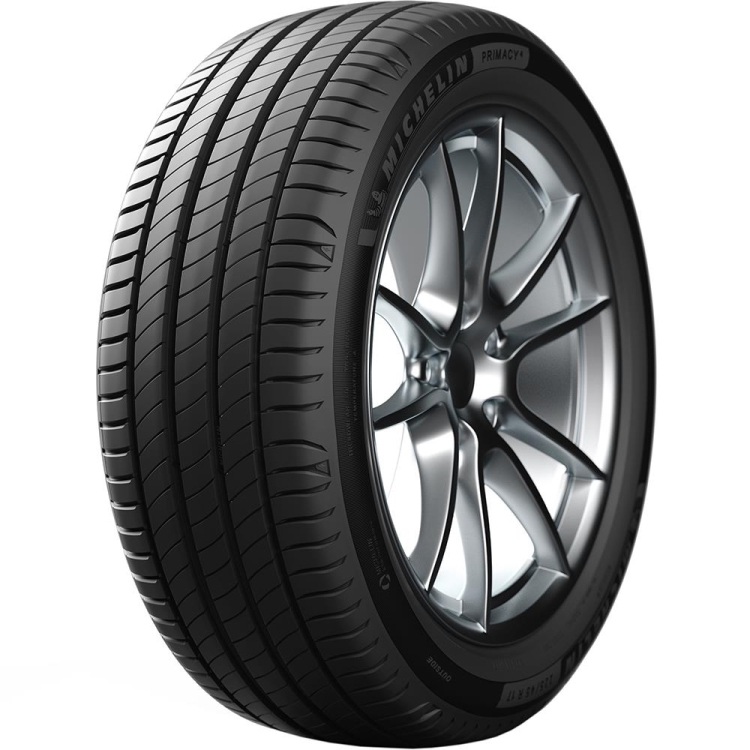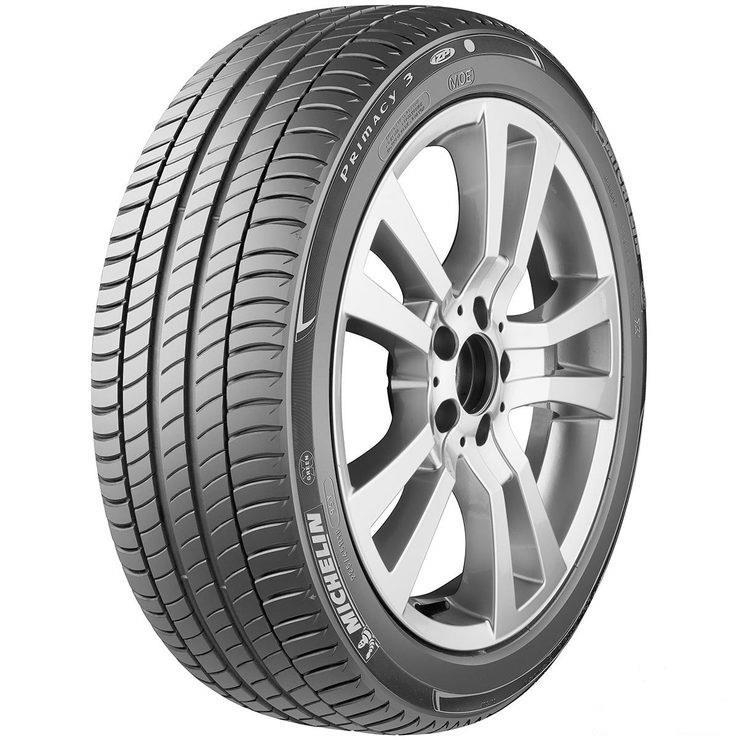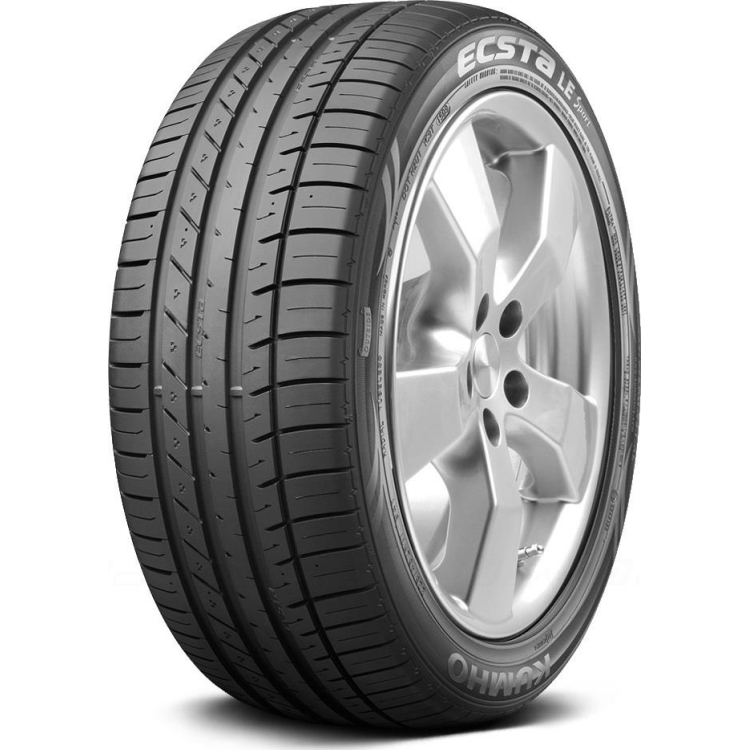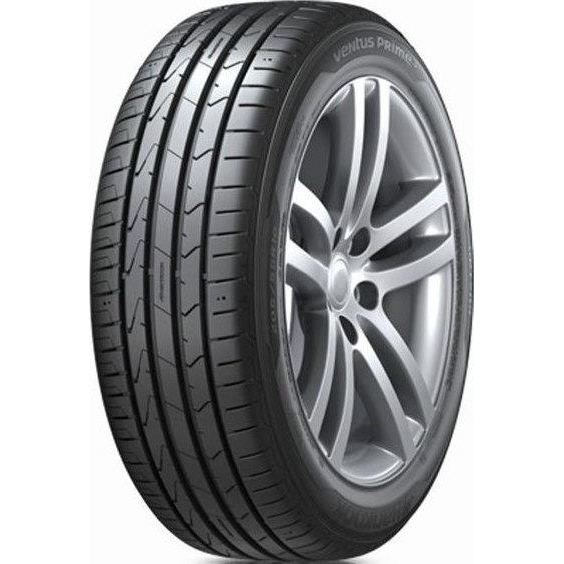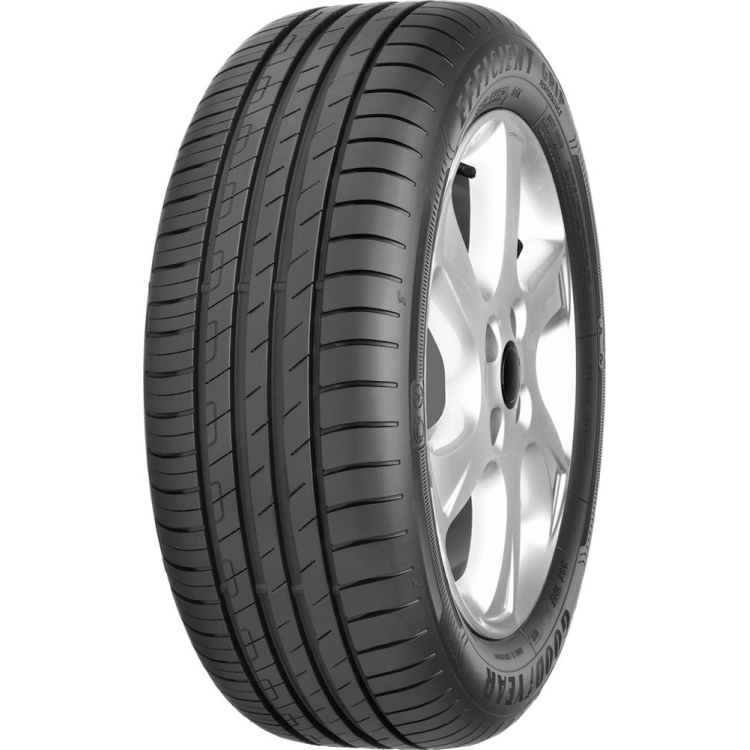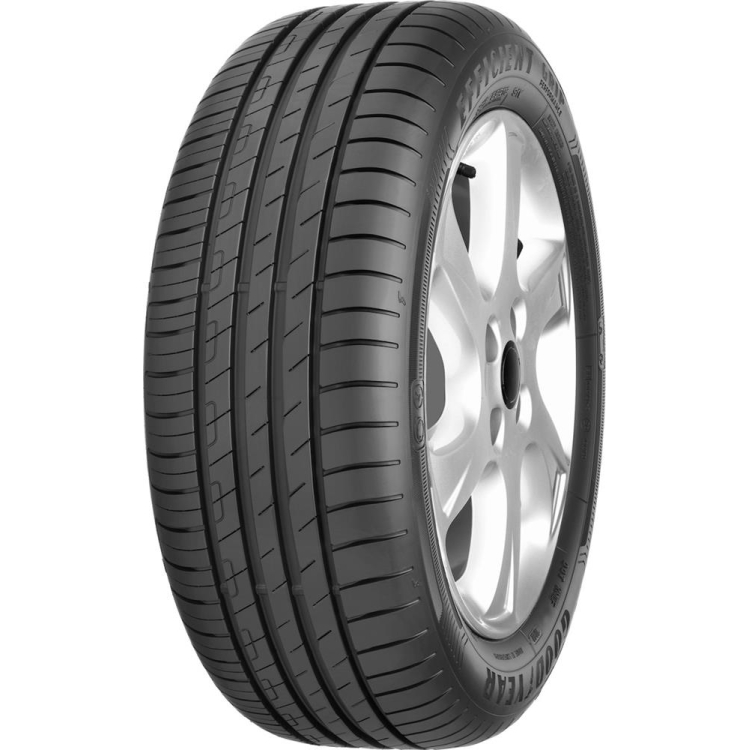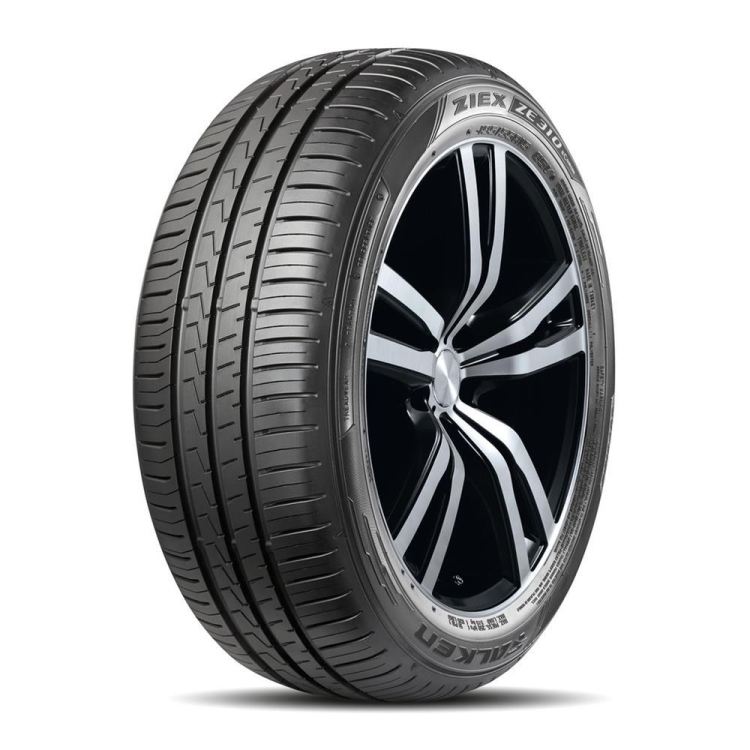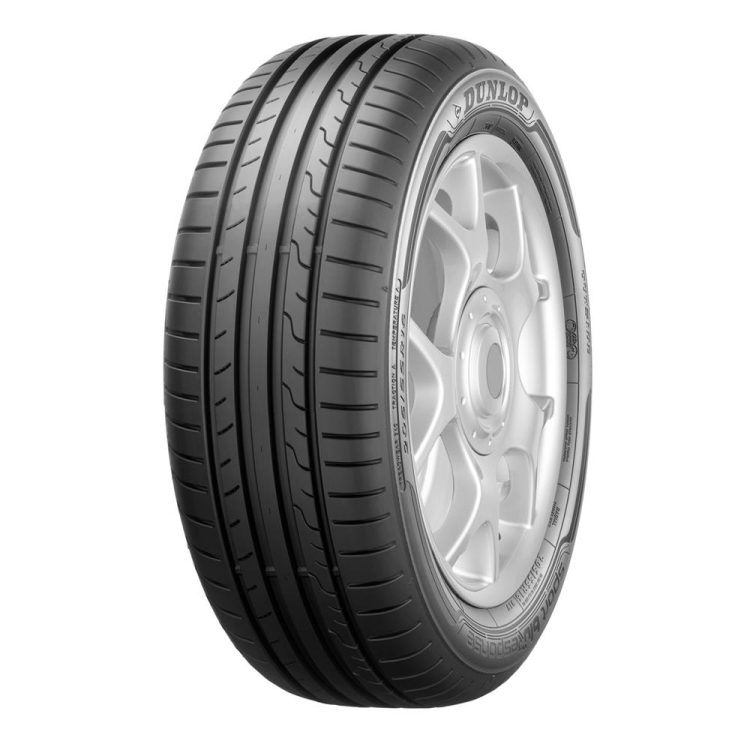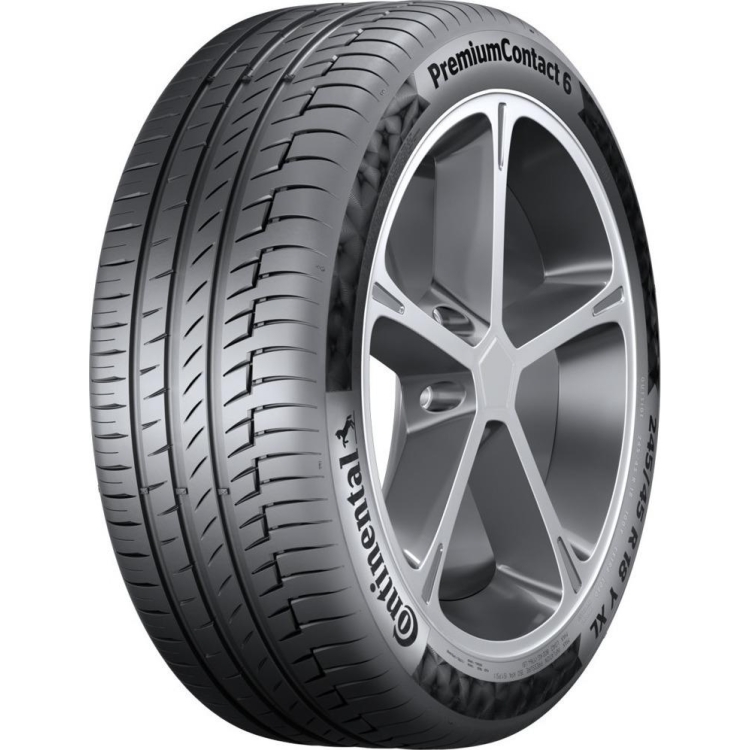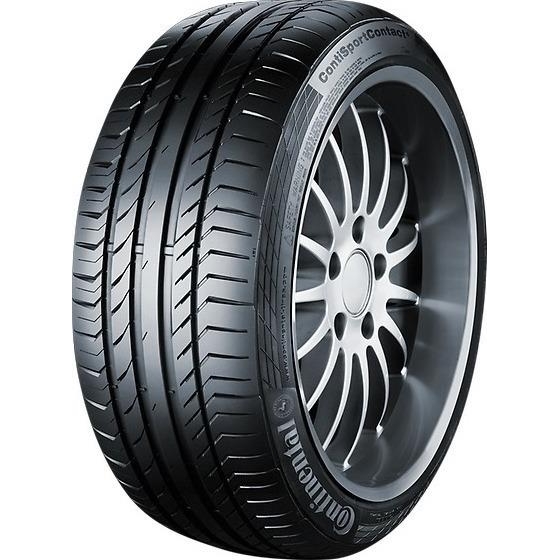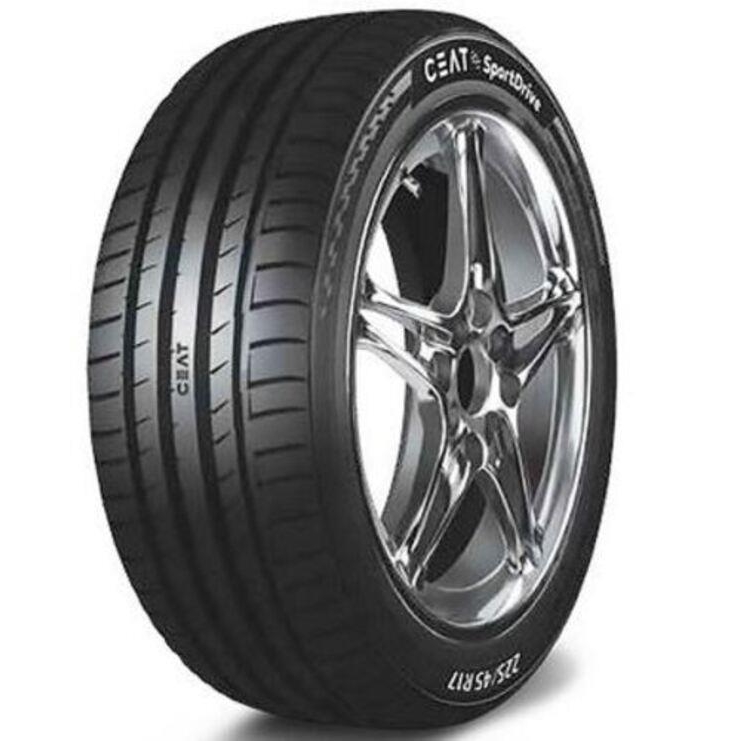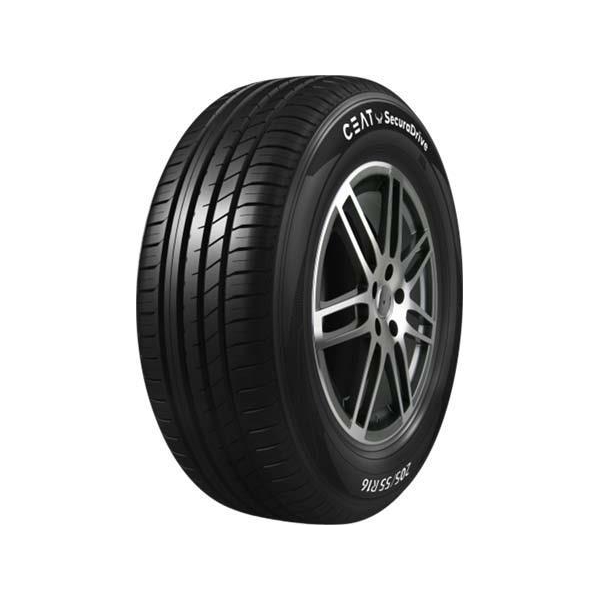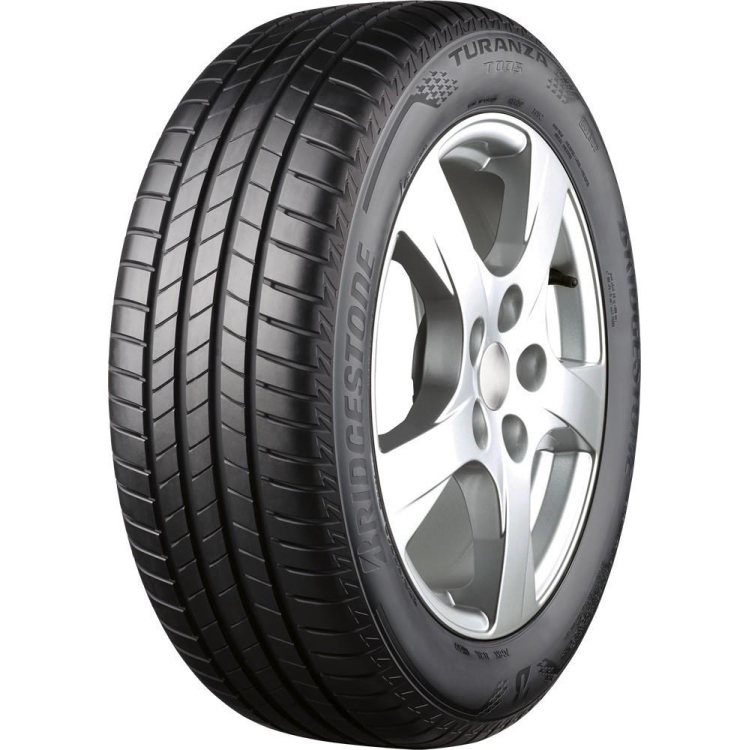

Tyres Dunlop 215/50/17 BLURESPONSE 95W XL for cars
WHILE STOCK LAST
- Description
- Videos
- Attributes
- Interest rates
- F.A.Q.
- Country of origin
- Payment methods
- Order
- Wheel alignment
Description
Dunlop SP Sport Bluresponse is the successor of Dunlop SP Sport Fastresponse. Compared to the previous model, Dunlop SP Sport Bluresponse ensures a 30% higher fuel saving!
If we compare this model to the tyres of competitive brands, Dunlop SP Sport Bluresponse features a braking distance shorter by 2.8 metres on wet and by 3 metres on dry surfaces! Dunlop SP Sport Bluresponse is a tyre that will delight drivers who value top quality and maximum performance on any surface.
The model was made using a special polymer compound which guarantees a very good grip. The excellent parameters shown on wet roads are facilitated by the wide grooves located in the central part of the tread which are responsible for water drainage and eliminate the risk of aquaplaning.
The tread features an asymmetric pattern which is the perfect solution for variable weather conditions, enabling the tyre to behave well on both dry and on wet surfaces. Dunlop SP Sport Bluresponse was developed using ecological solutions.
The structure of the tyre helps reduce fuel consumption and, consequently, therefore limiting its CO2 footprint. This is supported by its aerodynamic shape and the compound that reduces the amount of heat emitted. With Dunlop SP Sport Bluresponse, the drive becomes more comfortable and convenient. Its greatest asset is its low noise level.
This is made possible by the closed grooves located in the tyre shoulder, which dampen the noise generated by the tyre and at the same time reduce the sounds coming from the outside.
Thanks to the flattened tread profile, the model offers a larger area of tyre-surface contact.
This provides better stability and helps maintain the driving track.
One interesting innovation here is the use of a multi-angled tread which, by employing 10 different radiuses, ensures a higher driving precision and results in better driver control over the vehicle when cornering.
In 2016, Dunlop Sport BluResponse was ranked 3rd in tests organised by ADAC for size 185/65 R15 tyres.
Videos
Files
Interest rates
E-elastika allows you to pay in interest-free installments by credit card.
F.A.Q.
1) When should I change tires; A general rule is that the average lifespan of a tire is 40,000 km or four years. 2) Do the tires have an expiration date? How dangerous is it to put old tires in my car? The lifespan of a tire is a function of the storage conditions, stacking, shifting and service, in which the tire has suffered during its lifetime (load, speed, air pressure, damage due to driving, etc.). The exact identification of lifespan of a particular tire in real time is not possible. With the right storage conditions, a tire that is fresh, kept in abnormal conditions, it can be more dangerous than a stale one. Therefore the storage conditions and not the date of manufacture are the key to the safety of a tire. However, it is advisable all the tires that have been manufactured for more than 10 years to be replaced. 3) Where does the production date of the tire appear? In order to be able to control the date of manufacture of the tire, the largest tire companies use a common coding system. This code is on the side wall of your tire and is a four-digit number. The first two digits of the 4 digits identify the construction week, while the last two digits identify the year of manufacture. E.g. a tire with the number 45/21 was manufactured in the 45th week of 2021. 4) Do I need to put on winter tires? If so, when? On wet and slippery roads, winter tires offer much better traction than summer tires. So, in snow or frost conditions they respond much better due to the special layout they have, eliminating larger amounts of snow and water. Winter tires have the property of heating more easily at low temperatures in contrast to summer tires, which harden and don't have the same traction on the road. Experts recommend the installation of winter tires when the temperature drops below 7 degrees Celsius. When the use of winter tires is done only in the winter months their lifespan is much longer and can reach up to 5 winters! 5) How important is the tire pressure and when should it be checked? Tire pressure plays an important role in the lifespan and the safe performance of your tires. Tire pressures are defined separately for each vehicle model by tire and car manufacturers. You can advise the user manual or look at the side wall of the tire in order to find the right tire pressure for your vehicle. The tire pressure should be checked approximately every two weeks when they are cold, namely when the vehicle has not been moved for at least one hour. The change of weather conditions can affect the tire pressure. You can check the pressure of your tires at your local workshop or service station. 6) Why is it important to change the position of the tires and how often should it be done? The front tires of the vehicle usually wear out faster than the rear tires. If you change their positions frequently, this helps them to wear more evenly and reach the maximum life of the sole. The replacement of the tires position, however, can't correct wear problems due to incorrect inflation pressures. It is advisable the change of the position of the tires as soon as possible if you notice uneven wear or if they emit low noise while driving on a smooth road.
Country of origin
The country of origin of the tire Dunlop is USA. However tires are produced not only in USA but in many other countries where there are tire factories. It is difficult to say who is the manufacturer of a particular product. The quality of the tire does not depend on the place of production. The tires that are manufactured for example in Germany, England are of the same high quality. Therefore, no one can distinguish a tire produced in Japan from a similar one produced in a German factory.
Payment methods
Our online store accepts credit, debit, and prepaid cards Visa, Mastercard, American Express of all banks. Your transactions in our online store are protected by top online security systems. All payments made by using a card are processed through the electronic payment platform Eurobank e-Commerce of Eurobank.
